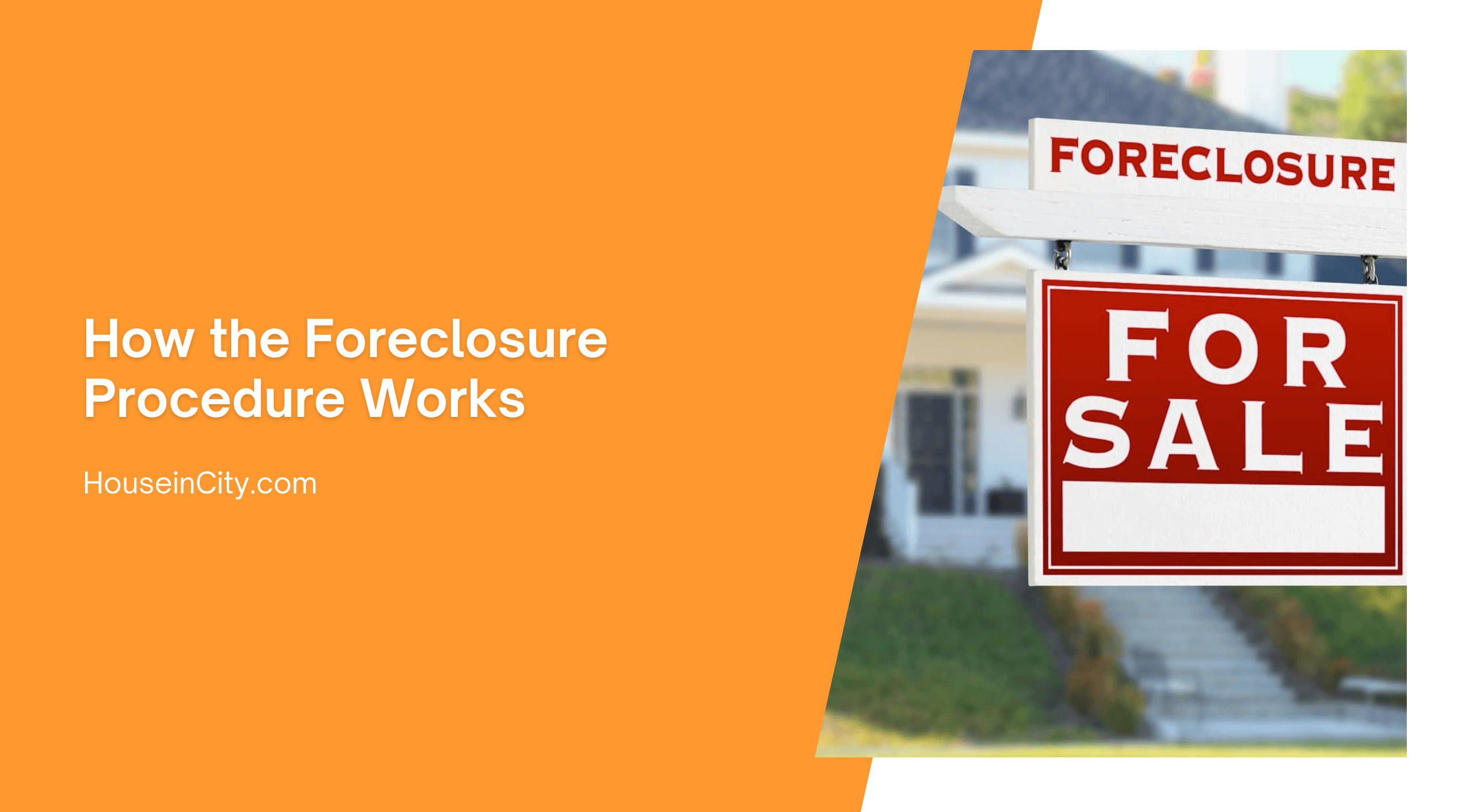Just a few years ago, it was difficult to find a list of foreclosures due to the flexibility of the mortgage industry and the real estate boom that seemed to be happening across the nation. However, today it is different. Foreclosures continue to cause damage on the real estate market nationwide. Filings in April are up 62% from a year ago.
Many investors dream of swooping up an excellent deal when it comes to foreclosures. However, it helps to understand what the guidelines are when it comes to foreclosures.
Every state has specific guidelines for the foreclosing procedures. So make sure you check the state the property is located.
Every bank has their particular set time when they will call a loan a “default”. It can happen even if you miss one payment. However, if an owner talks to the lender about the situation, it is possible to resolve the issue before foreclosing procedures begin. The reason for this is because lenders don’t want to own property. They just want their money.
If an owner cannot resolve the issue with the lender, the lender will start the default period which is also called “the pre-foreclosure phase”. You might see this disclosed in real estate listings as Realtors try to show the motivation of the seller. Today, it appears that the pre-foreclosure homes with minor cosmetic repair are still selling close to their market value because lenders want to try and cover their costs. However, you can get deep discounts on ‘handyman or fixer upper’ homes. At this period of foreclosure, there is about 90 days for an owner to catch up on their payments or a default notice will be issued.
If that fails, there is about 21-25 days after that until the date of auction is announced. If you’re an investor and chase pre-foreclosure real estate listings in your area, you could mark this on your calendar. Then you can see how motivated the seller is with a low bid offer. Just make sure the bid is not lower than the sellers total cost to resolve the default. Don’t forget, you can always get the Realtors involved by reducing their commissions. Let’s face it, if they don’t sell the property before the next foreclosure step, they will lose the commission anyways.
In the auction phase, aggressive investors will be like vultures waiting on the courthouse steps for properties. However, this is what you can expect:
- Last minute cancellation of the auction due to the property being sold in the final hour of pre-foreclosure stage.
- You need to have your financing set up ahead of time so that it is treated like a cash payment. Cash like payments are only accepted to purchase these properties.
- There are no contingencies on these properties. This means you might not know what you are getting for your money. So it is imperative you do your homework thoroughly on the area and value of the property.
- There are no warranties. Properties are sold “as is”.
Most of these loans that go into default are first time buyers which falls under HUD (Housing and Urban Development) guidelines. This means that HUD will acquire ownership and provide the listings to a Realtor in the area to sell. You can find those listings from most real estate offices or auctions online. These offers are sealed bids. Typically, HUD prefers to give the bids to owners that will live in the property versus investors. Also, you can anticipate a lot of competition trying to purchase these homes.
With these auctions you have to be prepared for problems to develop. You may not even get a clear title to a property. So you want to evaluate the risk/reward.
As I mentioned before, lenders do not want to be property owners. They have a section called the REO which stands for Real Estate Office. Back in the early 1990s when I was involved with foreclosures, you could call up banks and ask directly for their own REO lists. They tried saving the commissions by selling on their own rather than hiring a Realtor. You would see “for sale” signs with the lender’s name on it. They would mail the REO lists to you directly. Today, the larger banks now hire Realtors. You might have seen advertisements on the Internet about foreclosure lists. These are the ones that have been hired by the banks. Even though the banks have to pay the commission, they realize that with the MLS, it has better exposure. And in the type of market we have today, you want exposure. They can’t afford to hold onto it long because of the decreasing market.
You may assume foreclosures will be a significant savings when buying a property; it doesn’t always work out that way. After paying commissions and costs to go through the foreclosure procedures, banks want to maximize their profits too.
